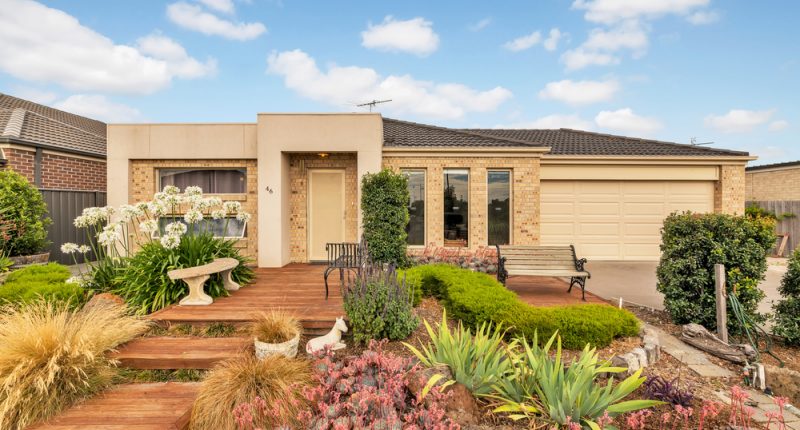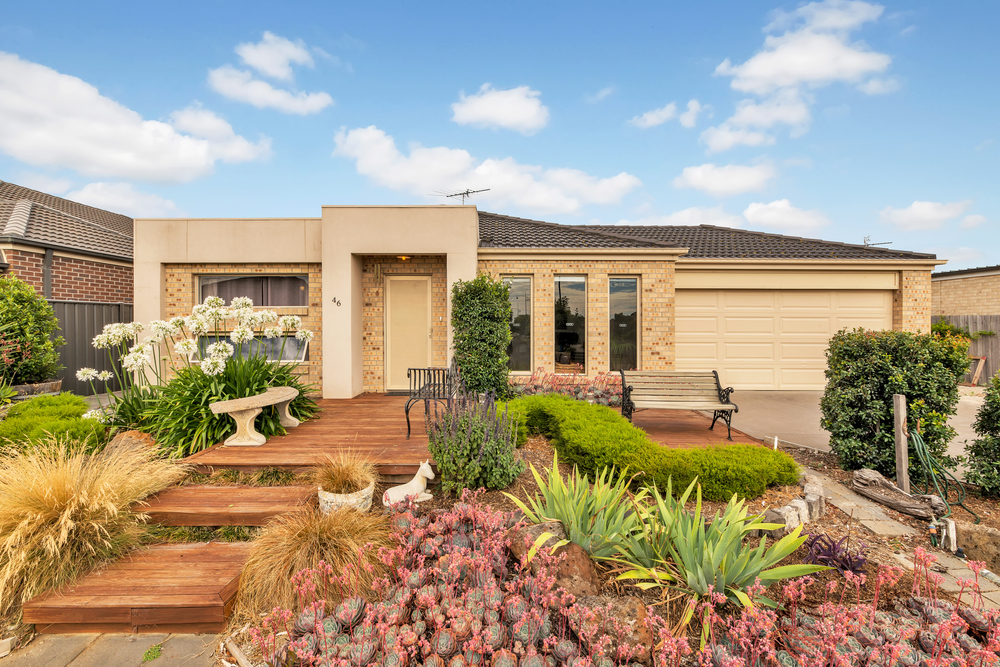- Residential property values have risen faster than they would have under a no-COVID-19 scenario, according to KPMG estimates
- During this current price surge, it appears that the short-term positives have outweighed the longer-term bad ones, according to the report
- The report found house prices are now 4-12 per cent higher and unit prices up to 13 per cent higher than they would have been in the normal course of events
- But the paper says that soaring price growth will temper over the next two years, as mortgage rates rise and market fundamentals reassert themselves
Property values rose far more than they would have in the absence of the pandemic, according to KPMG Economics research.
Due in part to ultra-low interest rates and government support to the housing market during COVID, property prices have risen dramatically in the face of dire predictions at the start of 2020.
Despite the fact that market circumstances at the start of the year were extremely favourable to robust price rises, the uncertainty connected with the coronavirus caused housing prices in most areas to decline in 2020, but only momentarily.
The report, The Impact of COVID on Australia’s Residential Property Market examines what has happened in the last 18 months to what would have happened if COVID had not been implemented.
It finds that house prices are now 4-12 per cent higher and unit prices are up to 13 per cent higher than they would have been in the normal course of events — when pandemic policy responses like lowering the cash rate to 0.1 per cent, launching the HomeBuilder programme, and initiating Quantitative Easing would not have occurred.
However, when mortgage rates increase and the fundamentals of the housing market begin to reassert themselves, the report predicts that price growth will moderate over the following two years.
KPMG chief economist Brendan Rynne said that going into 2020, property prices in Australian capital cities were due for a cyclical upswing.
“Initially, the uncertainty caused by the pandemic and consequent economic downturn saw a 3 percent fall in prices in the June 2020 quarter,” he said.
“But once market participants became confident that the pandemic would not result in a free-fall of home values, a combination of monetary and fiscal policies quickly began to push things the other way.”
Dr Rynne said the material decline in mortgage interest rates, extra savings and generous income support from the government and housing market specifically pushed prices past the point where they would have risen under a no-COVID scenario.
“It appears these short-term positive factors have swamped the longer term-negative factors associated with the housing market such as lower population due to the fall in migration,” he said.
“But over the next 2-3 years the lower population growth and rising mortgage rates will moderate the current price surges.
“Supply too plays a role. Our analysis of dwelling approvals in the big cities shows that in Melbourne and Sydney there are 25,000 and 20,000 respectively fewer houses and units available than would have been the case in a no-COVID scenario.”
According to KPMG’s study, the price disparities in major cities during the four years from December 2019 toDecember 2023 in COVID and no-COVID scenarios are led by Sydney, with a predicted 25 per cent rise now, compared to a 13 per cent increase otherwise.
Brisbane is next, with a 19 per cent increase compared to an eight per cent increase without COVID.
“Of increasing concern is the balance between investment activity in the residential property sector and investment activity in the business assets that will potentially stimulate productivity and generate higher returns in the future,” Dr Rynne said.
“If this continues there is a risk the nation’s portfolio of economic assets could become distorted, which will negatively impact living standards in the future.”







